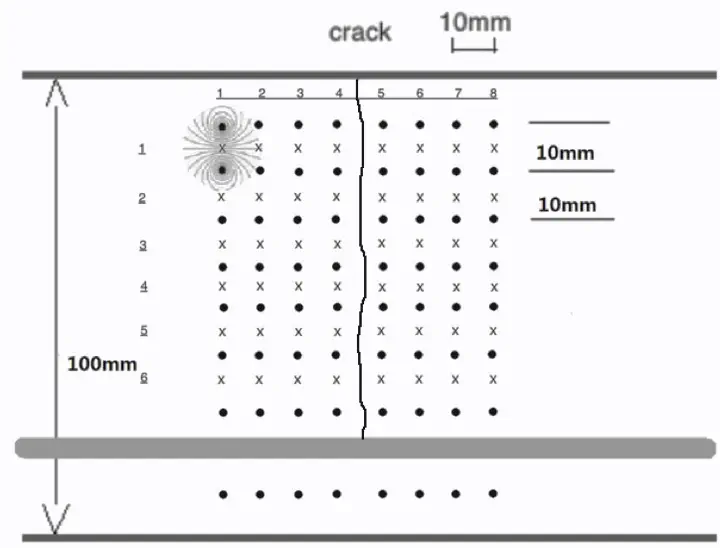
Abstract
Cracks dramatically increase the permeability of concrete. In reinforced concrete structures, cracks provide pathways for water and adverse ion species to reach the embedded rebar causing premature deterioration. The objective of this study is to investigate how cracks affect the water flow in concrete. Experimental tests were carried out on cracked reinforced concrete specimens exposed to wetting and drying scenarios. Two types of cracks were investigated: parallel-wall artificial cracks and flexural loading induced natural cracks. Each type has two levels of crack width, 0.3 mm and 1.0 mm. The evolution of water content around the cracks was monitored by the Time Domain Reflectometry (TDR) technique. It was found that both types of cracks behaved like an open surface that is exposed to the environment.